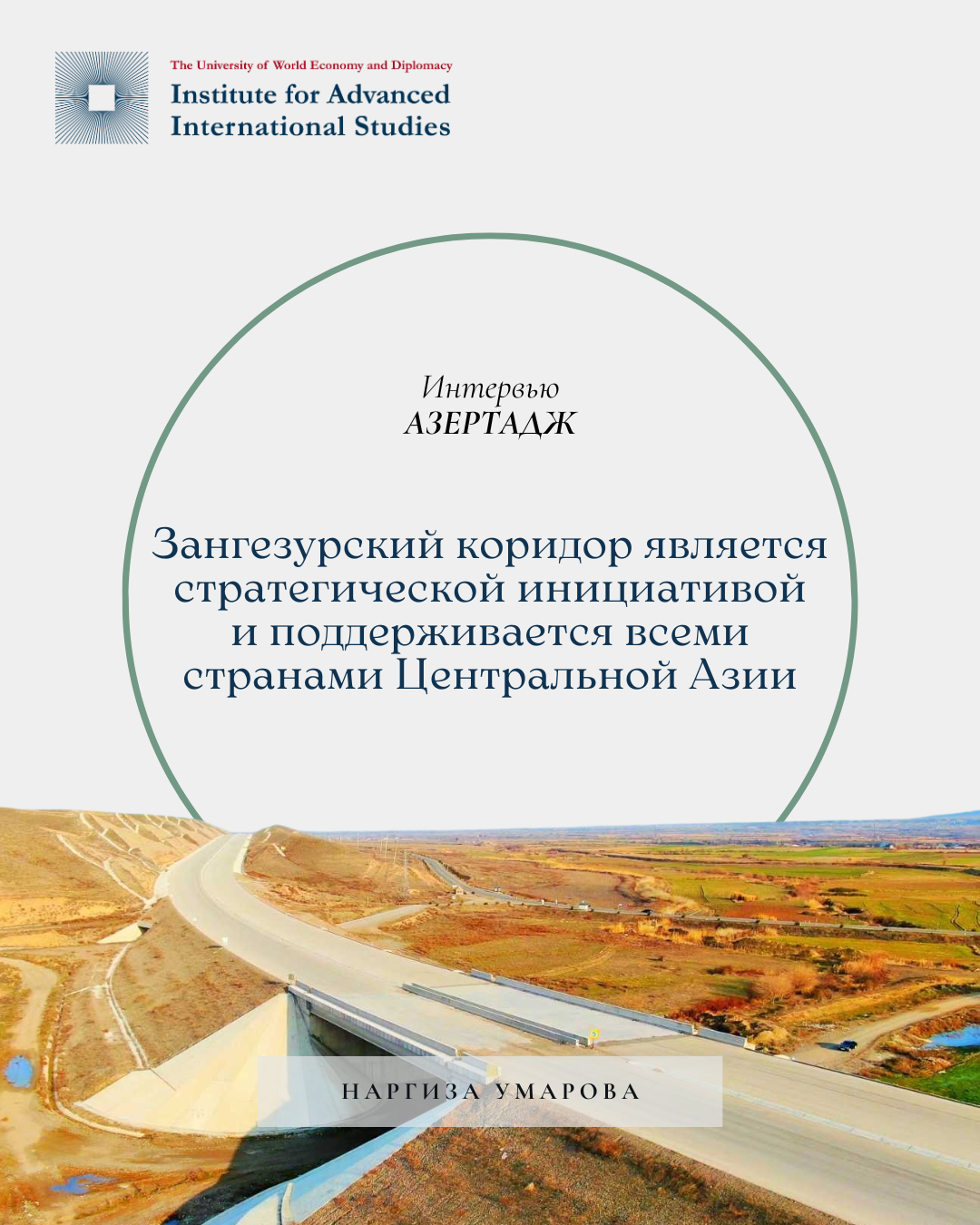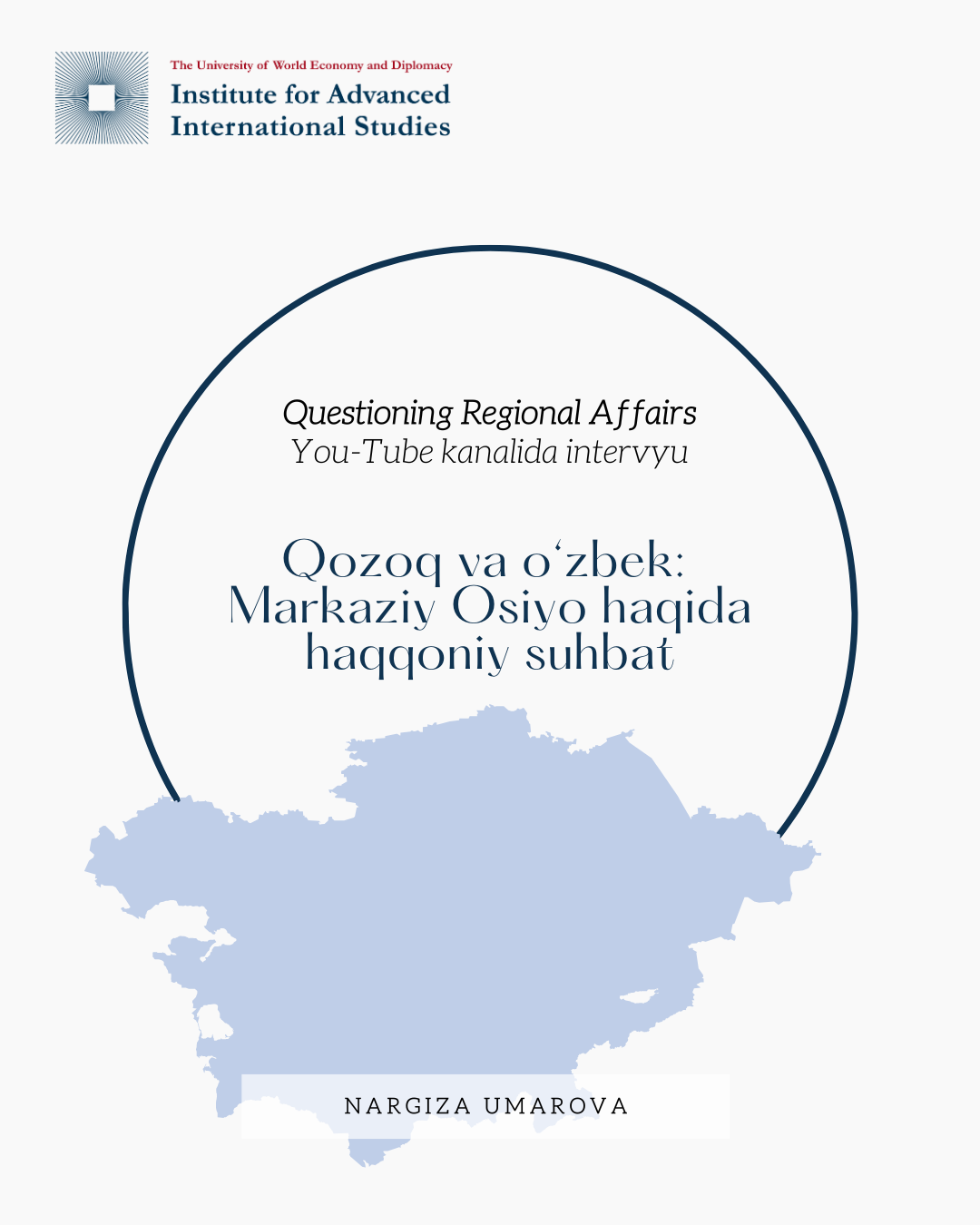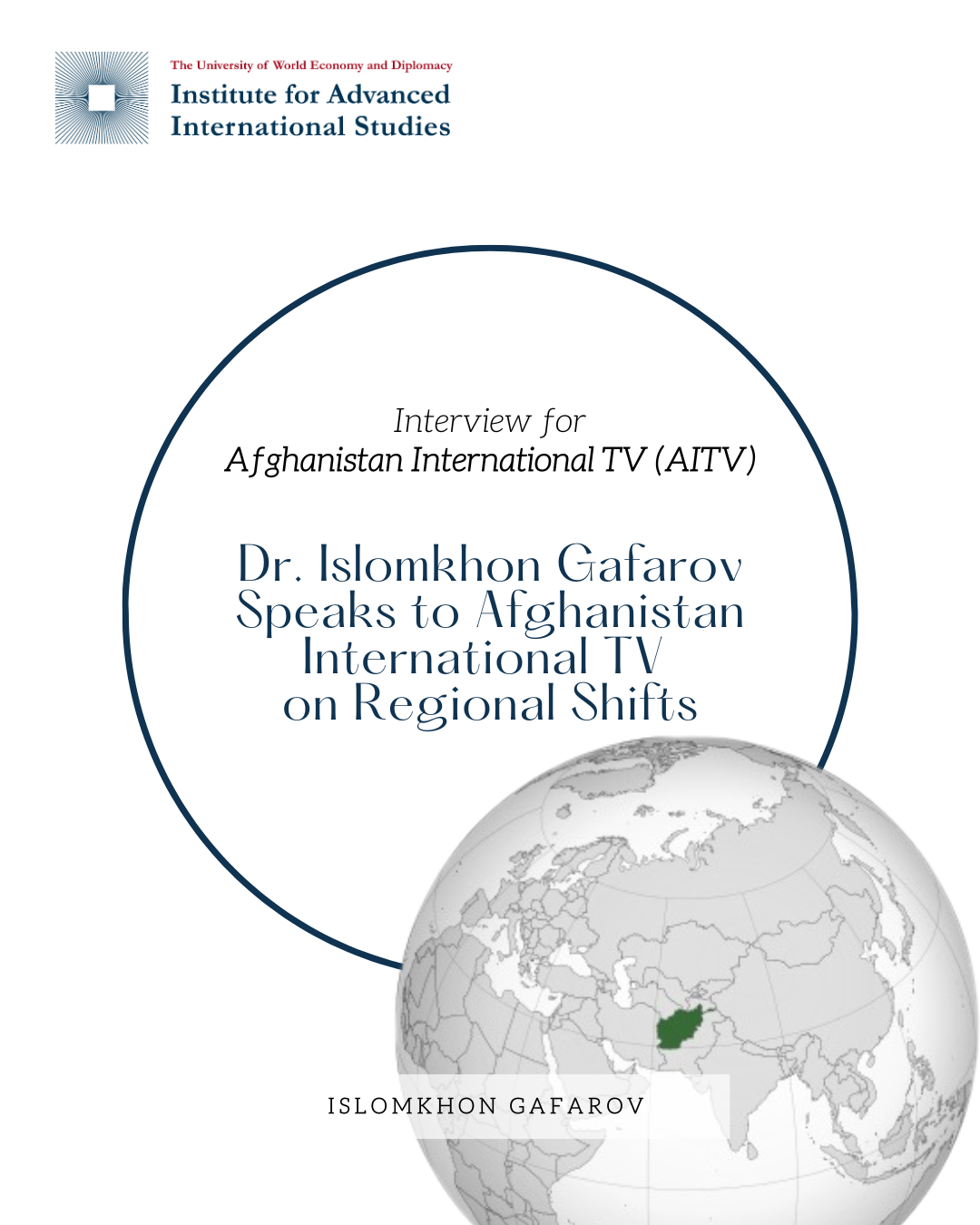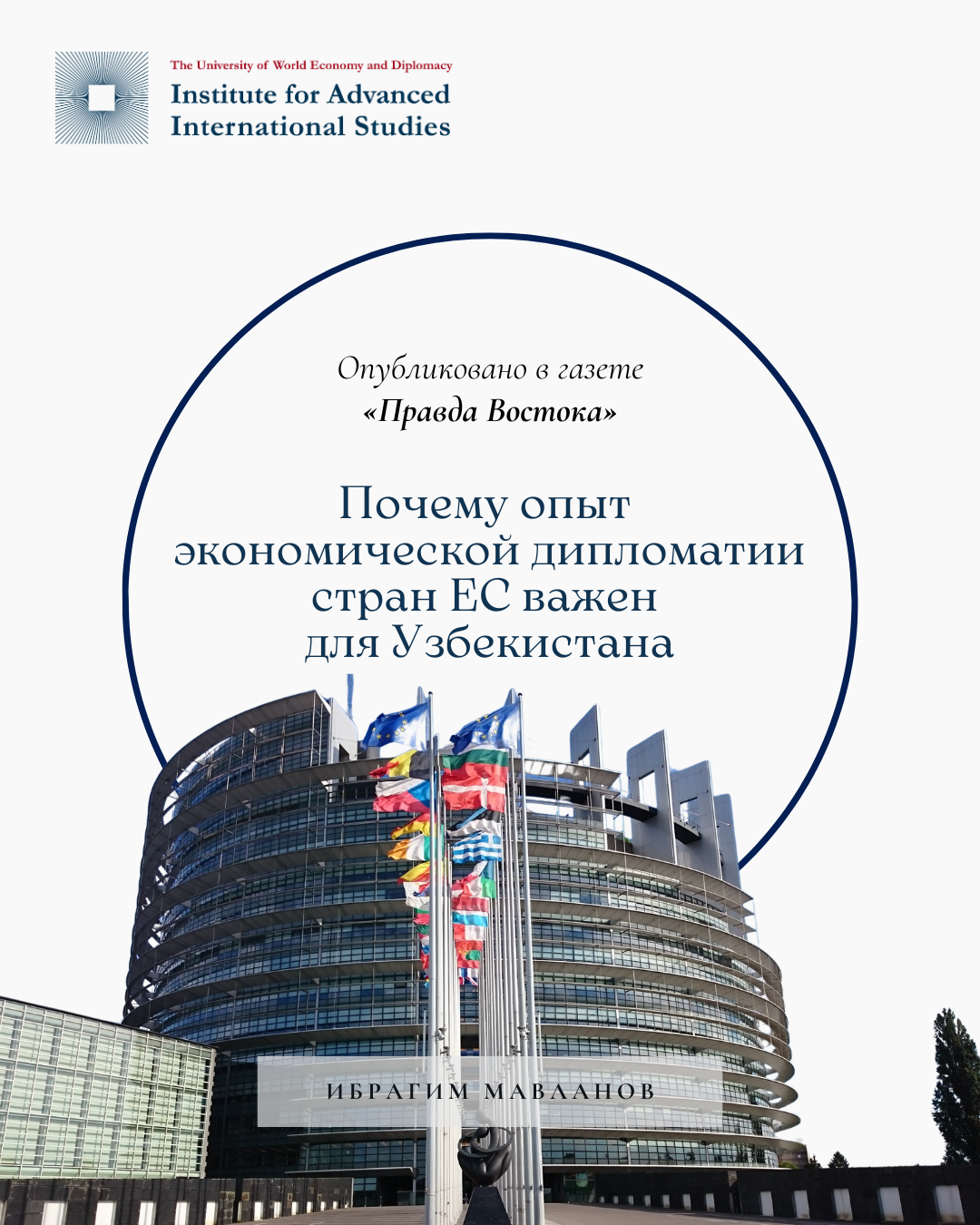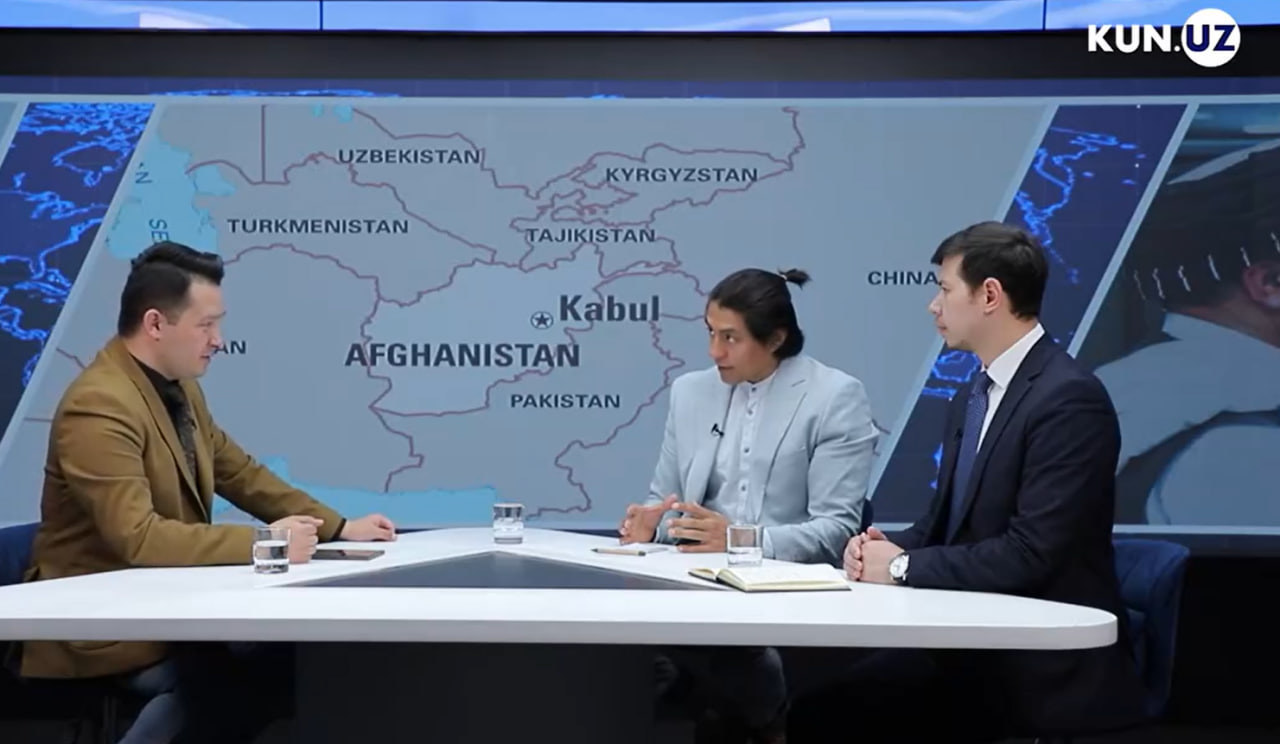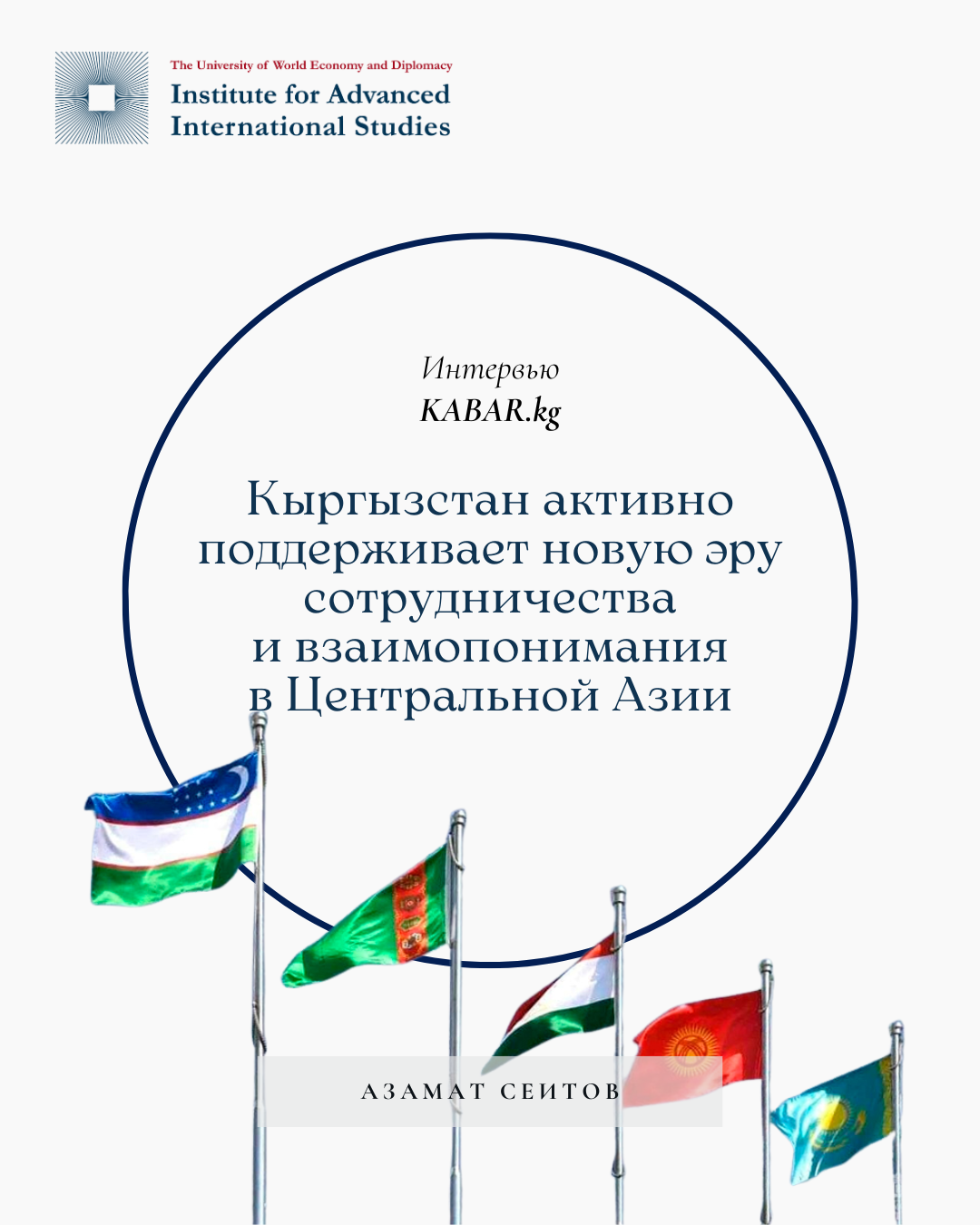Nargiza Umarova, Senior Research Fellow at IAIS, took part in the edition of the programme Central Asian Dream on the YouTube platform Questioning Regional Affairs of the Al-Farabi Kazakh National University. A distinctive feature of the programme was that the discussion was held in the native languages of the participants – Kazakh and Uzbek. This gesture emphasises the common cultural and linguistic foundation of the peoples of Central Asia and symbolises the growth of mutual understanding and solidarity in the region.
During the conversation, the experts discussed in depth the development of regional co-operation in Central Asia. One of the central themes was the understanding and strengthening of the concept of “Central Asian spirit” – an idea that unites the countries of the region on the basis of common historical, cultural and civilisational roots. It was emphasised that the formation of a unified regional identity is an important condition for the successful promotion of Central Asian interests on the world stage.
In addition, the programme participants drew attention to the strategic goals of the countries of the region aimed at strengthening the position of Central Asia in global politics and economy. A special place in the discussion was given to the issues of improving the well-being of the local population, ensuring sustainable development, and creating new opportunities for young people. In this context, the experts emphasised the importance of coordinating efforts in trade, transport, energy, ecology, and cultural and humanitarian exchange.
Nargiza Umarova made a significant contribution to the discussion: she emphasised that only through deepening mutual understanding, expanding ties between societies and implementing joint initiatives will Central Asian countries be able to turn the region into a space of stability, prosperity, and innovation.
* The Institute for Advanced International Studies (IAIS) does not take institutional positions on any issues; the views represented herein are those of the author(s) and do not necessarily reflect the views of the IAIS.

